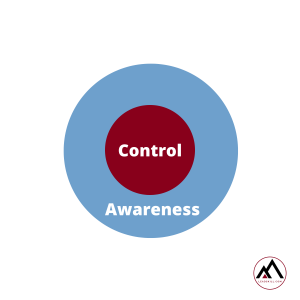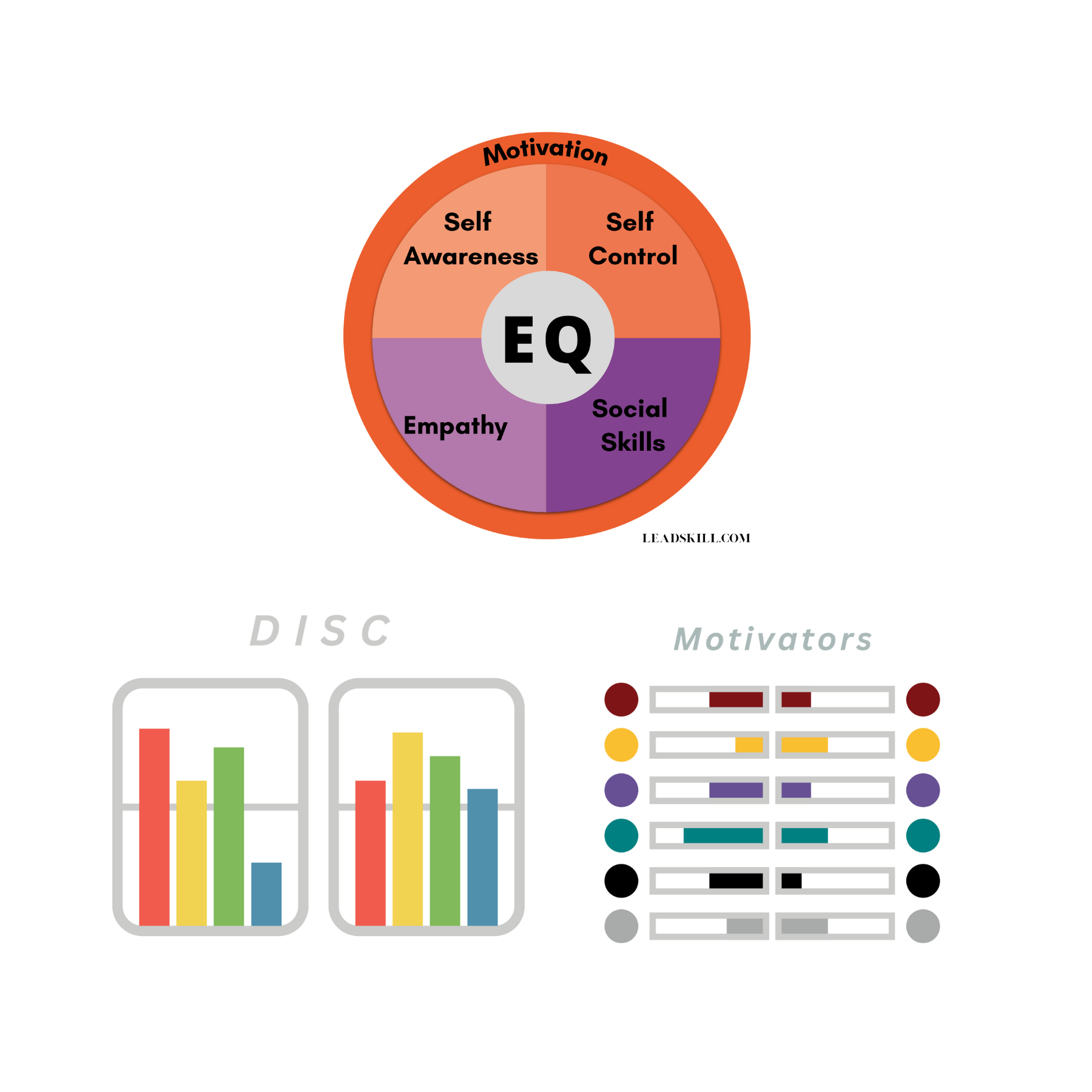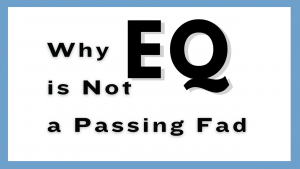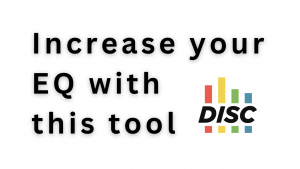Emotional Intelligence (EQ) continues to show up as one the most highly desired job skills. The World Economic Forum predicted this back in 2020 when they projected that EQ would be one of the top skills needed in the workplace in 2025. I have found there are some surprising benefits of using the TriMetrix EQ report with leaders.
When I start coaching a leader, I always address EQ early on. Many leaders think they have a better than average amount of EQ. My goal is to demonstrate that developing greater EQ benefits them and everyone else regardless of their current level of emotional intelligence.
Why is that? Let me share with you a few surprising benefits of raising emotional intelligence and how the TriMetrix EQ report can help in this process.
Mind the Gaps
First, no matter what your current EQ is, you probably have gaps you don’t know about. These blindspots are part of being human. A trained coach working with the TriMetrix EQ report can help a leader look deeper than most are able to see.
Second, the two main categories—awareness and regulation—that the EQ report is built on are based on sound science. In 1954, Dr. Julian Rotter pioneered the “locus of control” idea: some people are more internally guided while others are more externally driven.

Steven Covey popularized the idea in his 1989 bestseller The Seven Habits of Highly Effective People. He talked about things you can control, what you can influence, and things you are merely concerned about or aware of.
You need awareness in order to gain control or to effectively manage a situation. This applies to your own emotions or influencing a social situation like a team of people at work. I find that emphasizing this difference between awareness and control (or regulation) has wide ranging applications far beyond the TriMetrix EQ report.
Which Kind of Motivation?
A third surprising insight from the TriMetrix EQ report is the distinction it makes about motivation. The strength of a person’s intrinsic motivation comes from the EQ portion of the report. The external drivers or extrinsic motivation shows up in the 12 Driving Forces.
Again, coaching a leader to make those motivational distinctions in the context of their organization gives them a huge advantage. They have a greater ability to show empathy and also create greater engagement. That skill is a muscle you can grow with practice and it multiplies a person’s leadership effectiveness.
Emotional intelligence is a powerful blend of skills. Working with the TriMetrix EQ report helps people gain personal effectiveness and drive better results in their organization and community.
Ron Oltmanns is the founder of Leadskill, a consulting and training firm focused on leadership development. Ron created a popular emotions wheel that many coaches, consultants and therapists have used in their work with clients.




